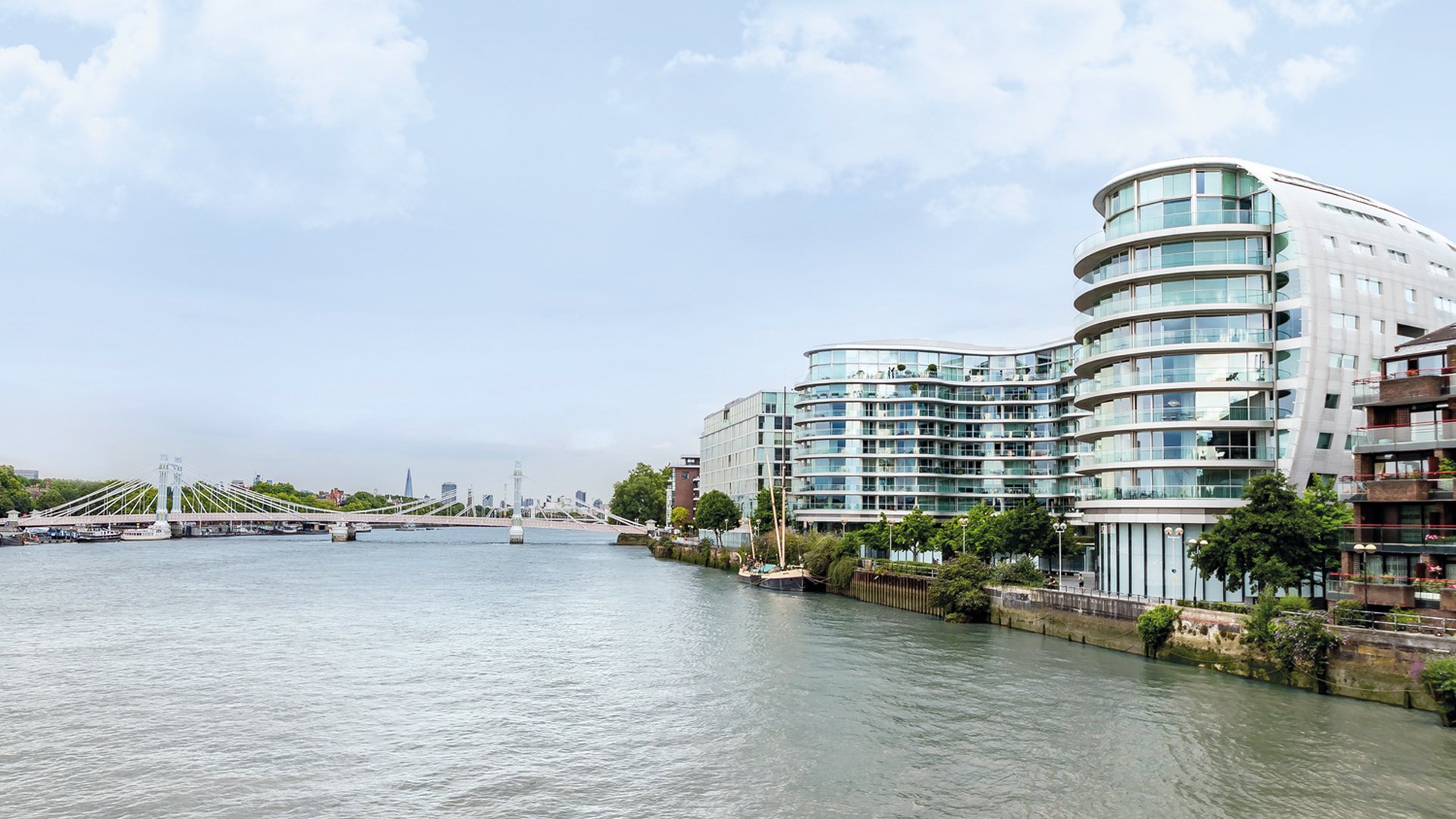Disadvantages
“yes there are a few, but almost too few to mention…”
“the drawbacks they are but few, and even those may be good for you..” (as Sinatra might have crooned)
Many people are understandably attracted by the greater living space and the relative privacy of houses, especially if it includes a big garden for the kids and the dogs to play in, the space to entertain a large group of friends, and a car or three always on standby for shopping trips or country outings. Those who can afford a suburban house lifestyle might argue that these advantages outweigh the inconvenience and time wasted in commuting to work, schools, shops, etc. And they might sneer at the thought of living in relatively small and outwardly similar apartments – despite the multitude of advantages listed here. Owning a house – especially a detached house with big grounds and nice car/s in the driveway are status symbols that can be seen and envied.
OA-Cities won’t put an end to individual city houses, or even private cars – at least NOT for the foreseeable future.
London housing prices epitomise THE HIGH PRICE OF SPRAWL

If you have to ask the price you cannot afford to live here
A high proportion of new builds now seem to be in the “executive” or “luxury” bracket. This particularly applies to the many new riverside developments advertised in full-page spreads in the weekend “qualities”. Even many miles from the city centre in parts of East London – former dockland areas that were (and still are) quite edgy if not “dodgy” – prices for a single bedroom flat generally “start” (ie, the cheaper ones without a river view) at around £600,000.

Here are the “disadvantages” of Oasis-Cities, although one could argue that many of these are actually advantages in disguise..!
(Some of these are also dealt with under OBJECTIONS/ARGUMENTS, so my apologies if this seems repetitive).
- NO HOUSES
Houses have some appealing advantages over apartments – principally privacy, living space, garden, storage space, etc. But, houses have many dis-advantages over apartments – MUCH HIGHER PURCHASE PRICE & MAINTENANCE. HEATING bills due to a much larger exterior wall area and ROOF HEAT LEAKAGE. And the SPRAWL created by low-density housing estates means that CARS are almost essential, which in turn makes PUBLIC TRANSPORT more expensive, less extensive, and less frequent. (In higher-density European cities, where more people live in apartments, public transport is much better and cheaper than in lower-density British cities). Sprawl means that SHOPS, RESTAURANTS, PUBS, SCHOOLS, LIBRARIES, PARKS, etc, are more dispersed and usually need a car to get to. Sprawl is also responsible for city-centre apartments being much more expensive than they otherwise would be, due to high demand from highly-paid people wishing to avoid the time-wasting nuisance of commuting. Last, but not least, is that houses are LESS SECURE and easier targets for criminals.
British people – who haven’t YET experienced the vibrancy of house invasion or hostage-taking – may scoff at this warning but, in our BAME majority future, houses – especially isolated ones – may become DANGEROUS places in which to live.
- NO PRIVATE GARDENS
Nowadays, its usually only retirees who have the time or inclination for lawn-mowing, weeding, sweeping leaves, planting, pruning, pest spraying, maintenance of outbuildings, walls and fences, etc. For working people, CARS are a far higher priority judging by the number of former front gardens which have been concreted over for parking spaces. At night both sides of these streets are lined with cars, with many illegally blocking the pavements, and each ugly little house seemingly home to 3 cars. Driving through such streets at night, with cars parked haphazardly and willy-nilly on both sides, can be like navigating a slalom course.

Suburban street or parking-lot..?


In 1959 Les and Ruby Graham of Cremorne in Sydney found a patch of steep-sided but junk-strewn harbourside land out of which, for the next 30 years or more, they gradually created a lovely shady sanctuary with bucolic winding pathways and wonderful views of the harbour. A plaque honours their contribution and memory.
- NO PRIVATE VEHICLES
It tends to be forgotten today, but cars were originally intended for something called “motoring”, i.e., pleasure trips. Only those over 80 years old may remember a time when cars were mainly for pleasure outings and NOT for commuting, supermarket shopping, and the bloody school-run..! I haven’t been able to find any figures but I would guesstimate that nowadays less than 10% of car usage is for pleasure..! Cars were intended to liberate, not to imprison us with expense and worries about insurance, maintenance, parking, minor (but very costly) scrapes, major accidents, and potentially a host of police and legal problems. OΔCities will totally circumvent all those tedious and time-consuming driving chores like work commutes, the supermarket, and the “school run”.
Supermarket shopping in OΔCities will be a pleasure. You won’t ever have to push fully laden trolleys through dark, windy and puddle-strewn car-parks. You won’t need to load into your car a dozen fully-laden plastic bags full of heavy bottles and jars and loose vegetables, etc., which, on the journey home, inevitably spill out of the bags and tumble around inside the boot. In OΔCities you will simply wheel your trolley right to your door. And, with the shops being so conveniently close – you won’t want or need to buy so much at once.
On the relatively few occasions when you need to go further afield or for a pleasure outing, you simply hire a car..! Each OΔCity would have a small fleet of community-owned cars readily available for spontaneous trips but – because your details will be on file – no tedious form-filling and document scrutiny as with regular car rental. More convenient, more user-friendly, and cheaper than the European-style “car-sharing clubs” which have popped-up in British cities in recent years.
- NO GARAGE OR LOFT OR SPARE ROOMS TO STORE REDUNDANT STUFF

OΔCity residents will need to re-learn the long-lost discipline of only buying what is necessary, and disposing of redundant stuff. A STEADY-STATE OF STUFF…! Although easier said than done (especially for yours truly) new stuff coming into the home should be matched by old stuff going out the door..! Previous generations didn’t buy all the stuff that we do because 1) there were not so many things to buy, and 2) except for occasional gifts, they didn’t buy stuff unless really necessary since almost all manufactured goods were made in Britain by people earning British wages (not by Chinese people earning Chinese wages), and thus expensive relative to wages. Lack of storage space will be a good thing as people will only buy what they really need and focus on quality rather than quantity. A high degree of mutual trust between OΔCity residents may also encourage sharing of certain items.
- NO ENTERTAINMENT SPACE..?
Unlike the skinny wind-swept balconies stuck onto the outside walls of modern British flats, OΔCity apartments will have spacious patios, large enough for social gatherings of up to 12 people. For larger gatherings there will be party/entertainment rooms/spaces to hire. These will be located at some distance from the residences, perhaps in the podium wall giving direct access to the Sanctuary domain, thus enabling the party/gathering to flow outside weather permitting.
- NOWHERE FOR KIDS TO PLAY..?
- LIMITED CAREER & EMPLOYMENT PROSPECTS
But anyone who moves away from the big city rat-race in search of contentment in the countryside should be prepared to accept that their career and employment options are going to be much more limited than in a big city. This also means earning LESS MONEY.
Many Brits have moved to Spain – happily trading higher incomes for lower in exchange for a better lifestyle

Leave a Reply